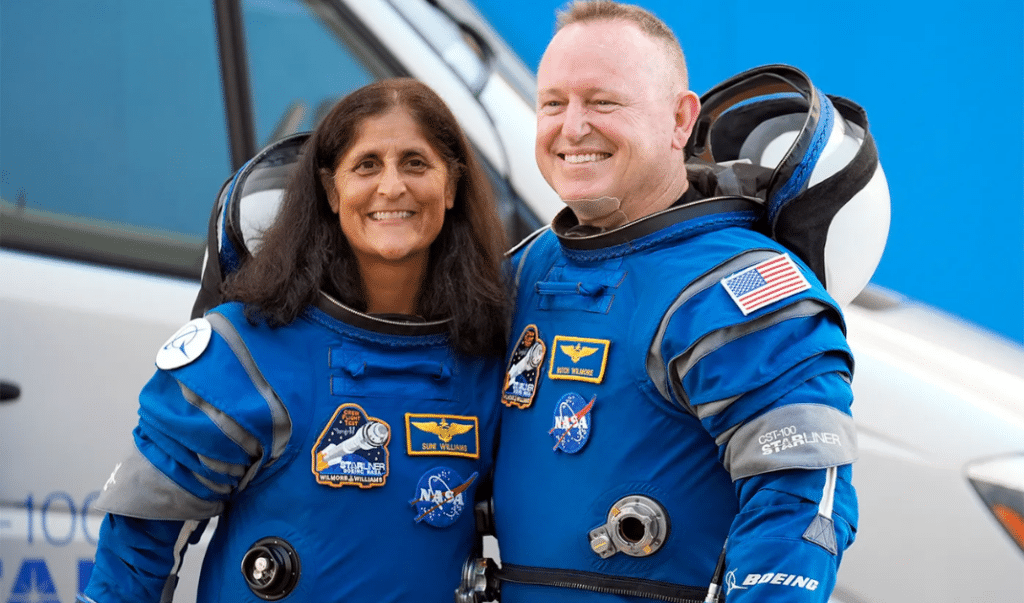When astronauts Butch Wilmore and Suni Williams splashed down off the coast of Florida on 18 March 2025, their return marked the end of an extraordinary nine-month mission that was originally planned to last just eight days. Their unplanned extended stay aboard the International Space Station (ISS) highlighted not only the unpredictability of space exploration but also the critical importance of medical preparedness in orbit. Read on to discover just how astronauts do first aid in space.

Medical Training: A Lifeline in Space
Astronauts like Butch and Suni undergo rigorous medical training to ensure they can handle health issues in the unique environment of space. NASA’s training programme equips crewmembers with skills in:
- Basic First Aid and CPR: Essential for responding to injuries or sudden health events.
- Space Medicine: Understanding conditions like decompression sickness, carbon dioxide exposure, and pressure-related effects.
- Toxicology: Preparing for potential toxic exposures, such as ammonia leaks.
- Medical Equipment Utilisation: Familiarity with the medical kits aboard the spacecraft, which are designed for ease of use in microgravity.
The Role of Crew Medical Officers (CMOs)
Each mission includes at least two Crew Medical Officers (CMOs) who receive advanced training in space physiology, medical procedures, and behavioural health. CMOs are critical for managing health events specific to space, such as kidney stones or visual impairments caused by microgravity.
During their extended mission, Butch and Suni’s medical training would have been vital in maintaining their health and addressing any potential emergencies. Their ability to adapt to the demands of long-term spaceflight exemplifies the importance of this preparation.
Challenges of First Aid in Microgravity
Providing medical care in space is no small feat. Microgravity affects everything from the way we breathe to the behaviour of fluids, complicating procedures like administering an IV or stabilising an injured crewmember. Astronauts must secure themselves and their patients to prevent floating during treatment, and they rely on specialised equipment designed for the space environment.
In emergencies, astronauts also have access to real-time support from flight surgeons and medical operations teams on Earth, who provide guidance through secure communication channels.
Lessons from Butch and Suni’s Mission
The unexpected extension of Butch and Suni’s mission serves as a reminder of the unpredictability of space exploration. Their ability to adapt and thrive under challenging circumstances highlights the importance of comprehensive training and preparation.
Space is hard, as NASA’s Steve Stich aptly put it, but with rigorous training, innovative medical procedures, and unwavering adaptability, astronauts like Butch and Suni continue to push the boundaries of human exploration.
Join Us
Ready to enhance your First Aid skills? Join our Emergency First Aid at Work, or First Aid at Work courses in Manchester, Dorset, In-House, or Online. Read more about our range of First Aid courses here, and start your learning journey with Ouch today.
Edited by Business Manager, Kimberly Fudge
